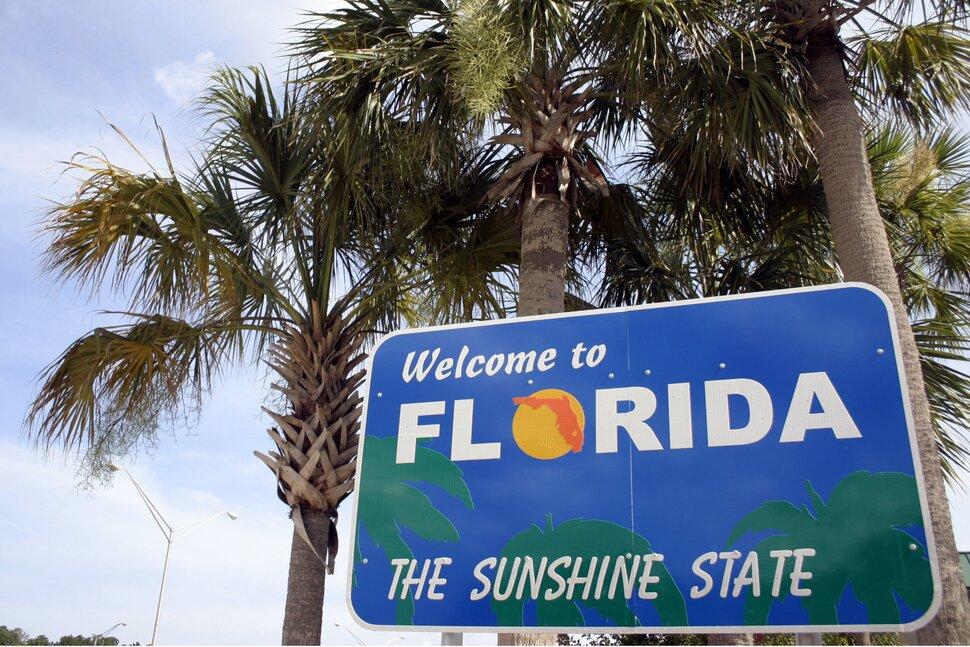The question of whether a bank makes more money on a foreclosure than a short sale depends mostly on the individual bank or investors.
By definition, a short sale is granting the homeowner permission to sell their property for less than what they owe the bank. As a result, the bank automatically loses money on it.
Key Takeaways
- Generally, banks lose more money on a short sale than on a foreclosure, but there are still times when a short sale is a better option.
- Sometimes the process of foreclosure is more expensive and involved than the bank wants to handle.
- If the short sale price is close to market value, the bank will be more likely to accept that offer.
Banks Look To Recover the Most They Can
“If the bank ends up getting the same or less than they would have with a short sale, they will suffer a big loss,” said Mark Bello, an attorney in West Bloomfield, Mich. “Assuming foreclosure is imminent, the bank will only reject a short sale if their own market sale will recover more of their money.”
For the most part, banks are unlikely to reject a short sale if the sales price is near market value.
Foreclosure filings increased dramatically from 0.6% in 2006 to 1.8% in 2008.1 Moreover, over 40% of the loan modifications in 2008 became delinquent or went into foreclosure within eight months of being granted.2 But since then, the market has rebounded. Data by year shows that 45% of all properties in foreclosure as of the end of the first quarter in 2018 were due to loans secured from 2004 to 2008, according to ATTOM Data Solutions. Overall, a total of 624,753 U.S. properties were in foreclosure by year-end 2018, which was 8% less than in all of 2017 and 78% less than the nearly 2.9 million in 2010.3
“There aren't as many serious examples of situations where people are extremely underwater on their mortgages so there's less and less need for short sales,” according to Bello.
Depending on the state, a bank may not be able to sell a property for more than its mortgage. For example, in Arizona, banks can't sell a property for more than its mortgage and in California, if a homeowner takes out a home equity loan after closing escrow and then defaults, the lender may have a right to pursue a deficiency judgment regardless of whether the home was sold on a short sale or the loan was wiped out through a foreclosure by the first lender.45
Why Banks Would Prefer a Short Sale Over Foreclosure
Banks are businesses and, just like any business, they are seeking to earn a profit. If it costs more to foreclose over agreeing to a short sale, the bank is very likely to favor the short sale.
With foreclosure, a bank takes possession of the house, then resells it at a mortgage auction to the highest bidder. If a bank receives an offer that is close to market value, it may be more likely to accept that offer instead of foreclosing. After foreclosure, if the bank wants to sell the home, it is unlikely to receive a higher offer than the short sale offer on the table. On the other hand, if the bank feels the real estate market may appreciate, a foreclosure may be a more profitable venture.
Securitization of Bad Debt
Of the $600 billion in subprime loans that were originated in 2006, over 75% were securitized according to the Financial Crisis Inquiry Commission. Securitization is a process that involves gathering hundreds to thousands of loans into one package and selling that package in the secondary market.67
“Companies that acquire bad debt do so at a substantial discount,” said Bello. “They look to collect more from this bad risk than they paid for that debt because bad debt can be purchased for pennies on a dollar.”
Often, the purchaser is a trust composed of investors. After the loans are pooled and sold, the trust hires a service provider to collect monthly payments and distribute that money to the investors. That securitization agreement is called a pooling and servicer agreement or PSA.8
It matters little to service providers whether the home's value falls or enters foreclosure because the service provider gets paid regardless through service fees, default fees, floated interest, and investment interest on the loans the provider services.
Further, the National Consumer Law Center found that service providers often prefer a short sale because they are paid several times more in compensation than a loan modification.
“The difference between a loan modification and a short sale is you’re not rid of the property,” said Bello. “You’ve just kicked the can down the road.”





